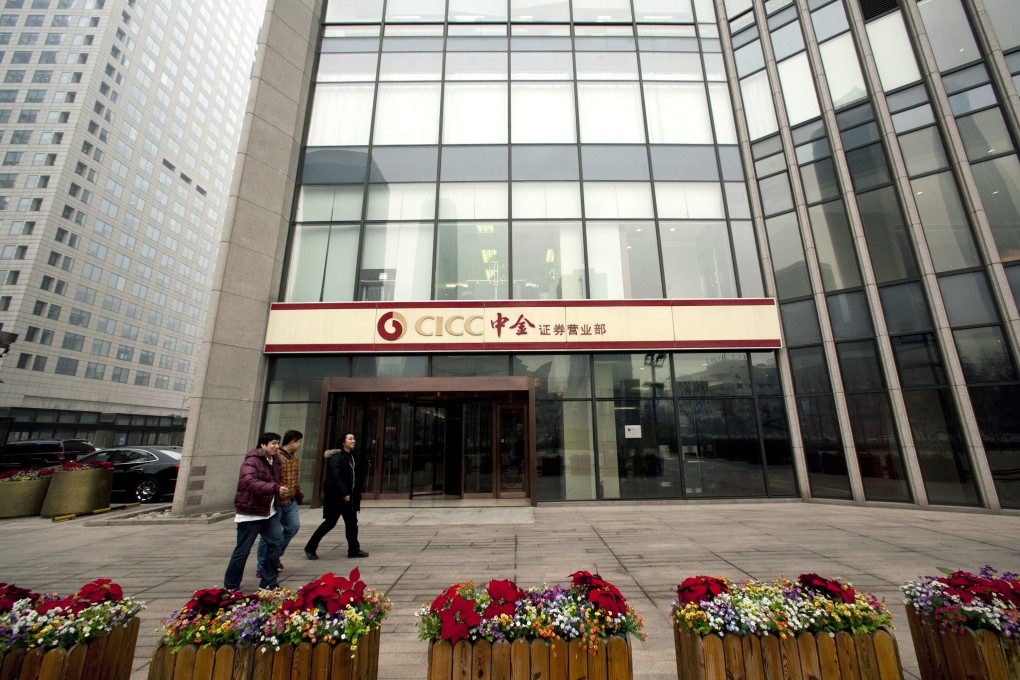CICC chairman set to join Asian infrastructure bank
Resignation after one year in the job follows leaving of princeling chief executive Levin Zhu

A day after losing its chief executive, sources said China International Capital Corp (CICC) is set to lose its chairman.

Contrary to speculation that he is stepping down because he has reached retirement age, the 65-year-old Jin is said to be leaving to join the proposed Asian Infrastructure Investment Bank initiated by China, serving as its first president.
A source at CICC told the South China Morning Post that unlike state-owned companies, CICC has no retirement age and Jin’s leaving is not retirement-related.
Besides Jin and Zhu, CICC this year lost Jiang Guorong, co-head of investment banking, and Marshall Nicholson, co-head of international investment banking.
“The reshuffle at CICC obviously could be seen as a sign that the government will intensify efforts to let market forces, rather than powerful people like princelings, decide the direction of state-owned businesses,” said Liu Kaiming, a director of the Institute of Contemporary Observation, a non-government organisation.
The outgoing princeling chief executive, Zhu, was credited with using his clout and connections to secure mega underwriting deals from state-owned juggernauts such as China Unicom that once made CICC a formidable force on the mainland.